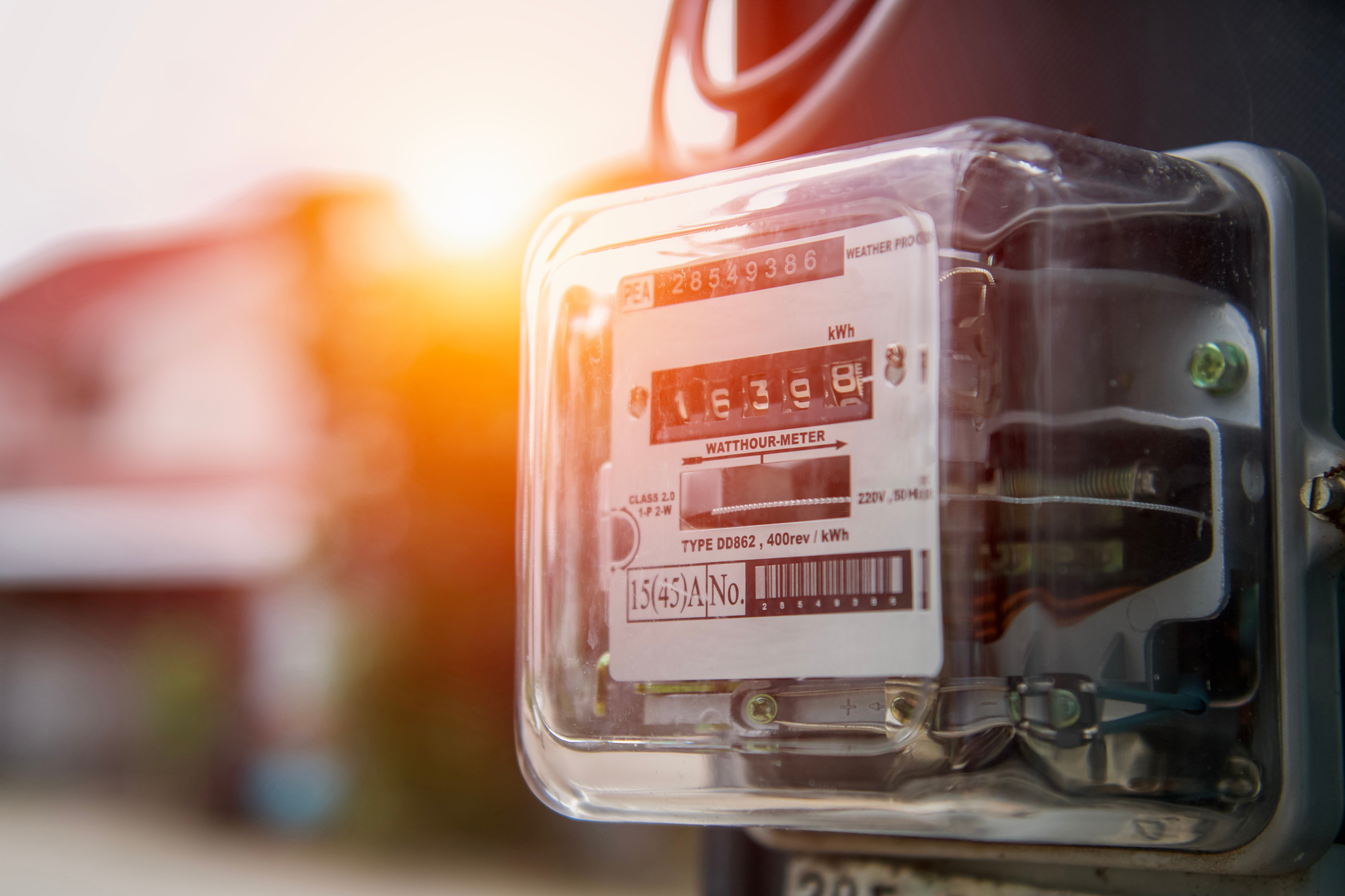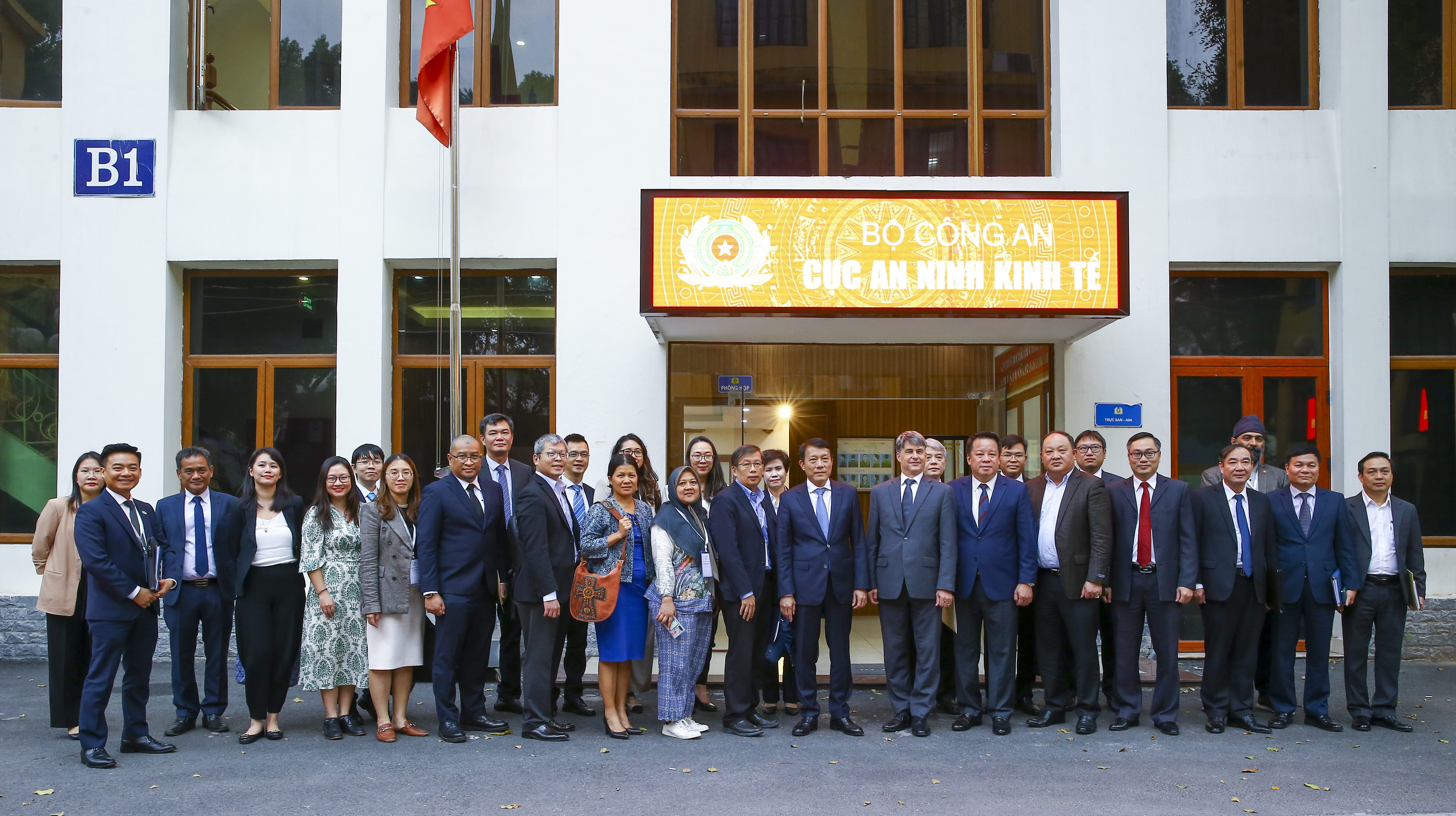Thailand's Electricity Price Cut Gains Private Sector Support

Thailand's plan to lower electricity prices from 4.15 baht to 3.70 baht per unit has received strong approval from the private sector. The reduction, proposed by former Prime Minister Thaksin Shinawatra, aims to boost investment appeal by lowering production costs for businesses. The Federation of Thai Industries (FTI) highlighted that current electricity rates put Thailand at a disadvantage compared to neighboring countries like Vietnam and Indonesia, deterring foreign investment and reducing export competitiveness. The Thai Chamber of Commerce (TCC) emphasized that the reduction could save households and businesses approximately 100 billion baht annually, bolstering consumer spending and stimulating economic activity.
Achieving ambitious electricity savings may require subsidies that add to the liabilities of the Electricity Generating Authority of Thailand (EGAT), which already carries over 100 billion baht in debt. Despite this, stakeholders believe the price cut is necessary to enhance Thailand's economic standing in ASEAN. Currently, Thailand's electricity cost ranks as the fifth highest in ASEAN, with Singapore leading at 12.30 baht (USD 0.36) per unit. Reducing energy costs is expected to improve living standards and make Thailand more attractive for FDI. Discussions with relevant parties are underway to address unnecessary costs and ensure a sustainable plan while boosting Thailand's potential in energy and appeal toward foreign developers, not the least of which from the U.S.











